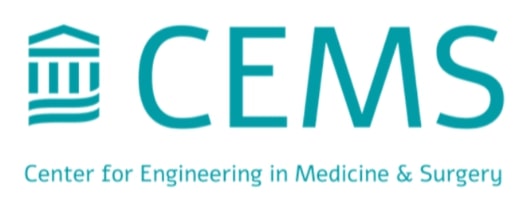Congratulations to Prof. Boris Rubinsky, the recipient of the 2023 H.R. Lissner Medal!
The H.R. Lissner Medal recognizes outstanding achievements in the field of bioengineering. These achievements may be in the form of (1) significant research contributions in bioengineering; (2) development of new methods of measuring in bioengineering; (3) design of new equipment and instrumentation in bioengineering; (4) educational impact in the training of bioengineers; and/or (5) service to the bioengineering community, in general, and to the Bioengineering Division of ASME, in particular. The Bioengineering Division of ASME established the H. R. Lissner Award as a divisional award in 1977. It was upgraded to a society award in 1987, made possible by a donation from Wayne State University and is named in honor of Professor H. R. Lissner of Wayne State University for his pioneering work in biomechanics that began in 1939.
Prof. Rubinsky Boris received his BSc and MSc from the Technion in Israel and the Ph.D. from MIT. In 1980 he joined the Mechanical Engineering Department at UC Berkeley and later the UC Berkeley Bioengineering Department, of which he was one of the founders. At UC Berkeley he was the Chancellor’s Professor and the Silverman Distinguished Professor of Bioengineering till 2008 and is now a Professor of the Graduate School. From 2007 to 2009, he took a leave of absence, to found the Department of Bioengineering and the Center for Bioengineering in the Service of Humanity and Society at the Hebrew University that brought together Israeli and Palestinian students. PhD graduates from that program are now Professors at top Israeli and Palestinian Universities. Rubinsky’s research spans numerous areas, from plasma arc welding in space to Weierstrass- Mandelbrot modeling of turbulence. He contributed to various fields of bioengineering, pioneering several leading medical technologies, which he led from pioneering the concept to developing clinical practice and commercialization. Noteworthy are the technology of imaging monitored cryosurgery which is now the clinical standard of the field, the technology of non-thermal irreversible, which is now clinical and at the forefront of minimally invasive surgery, the technology of non-invasive electromagnetic detection of internal bleeding which is in clinical trials, MEMS technology for single cell analysis which is now ubiquitous and many others.

